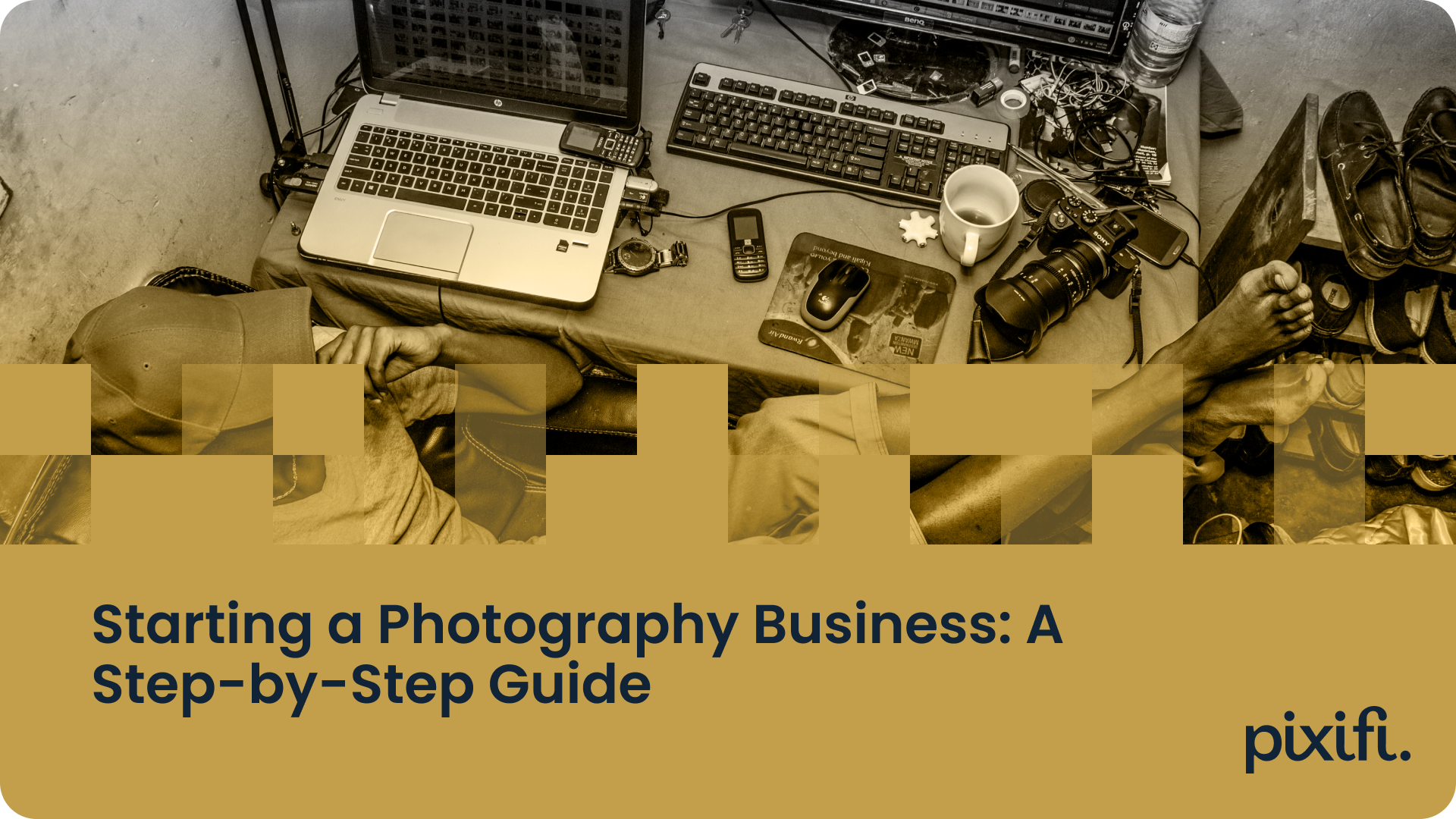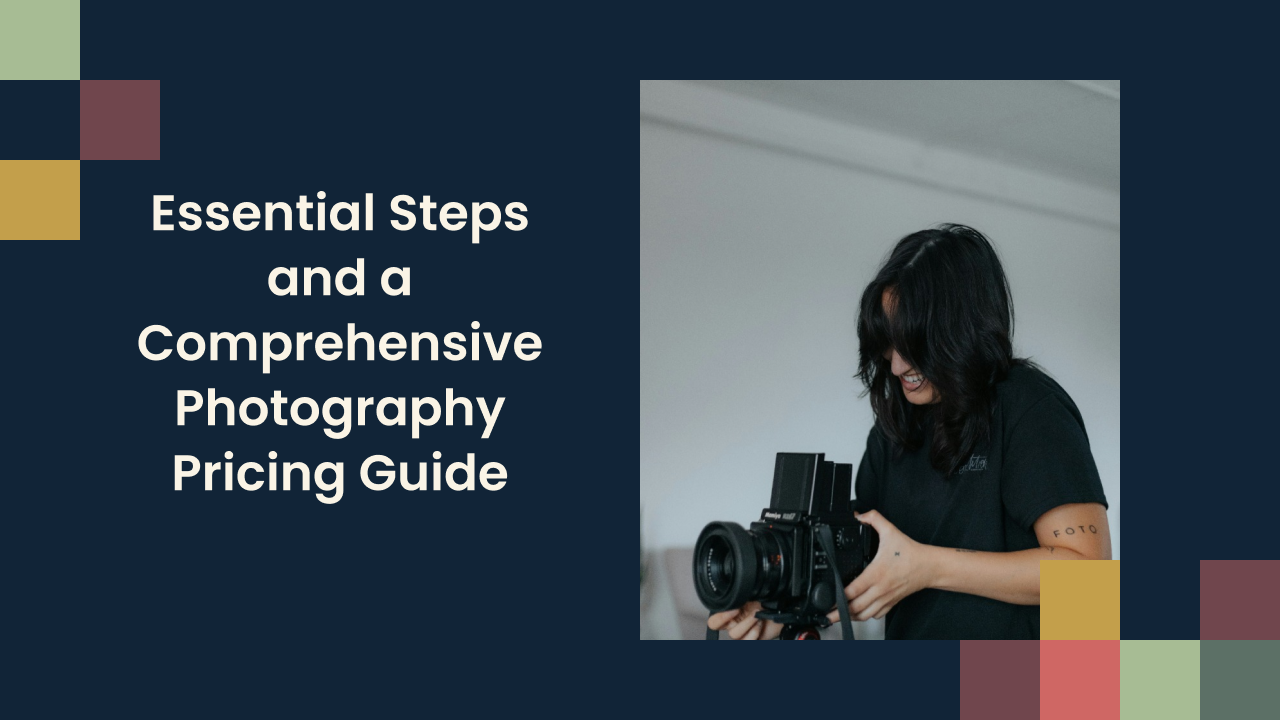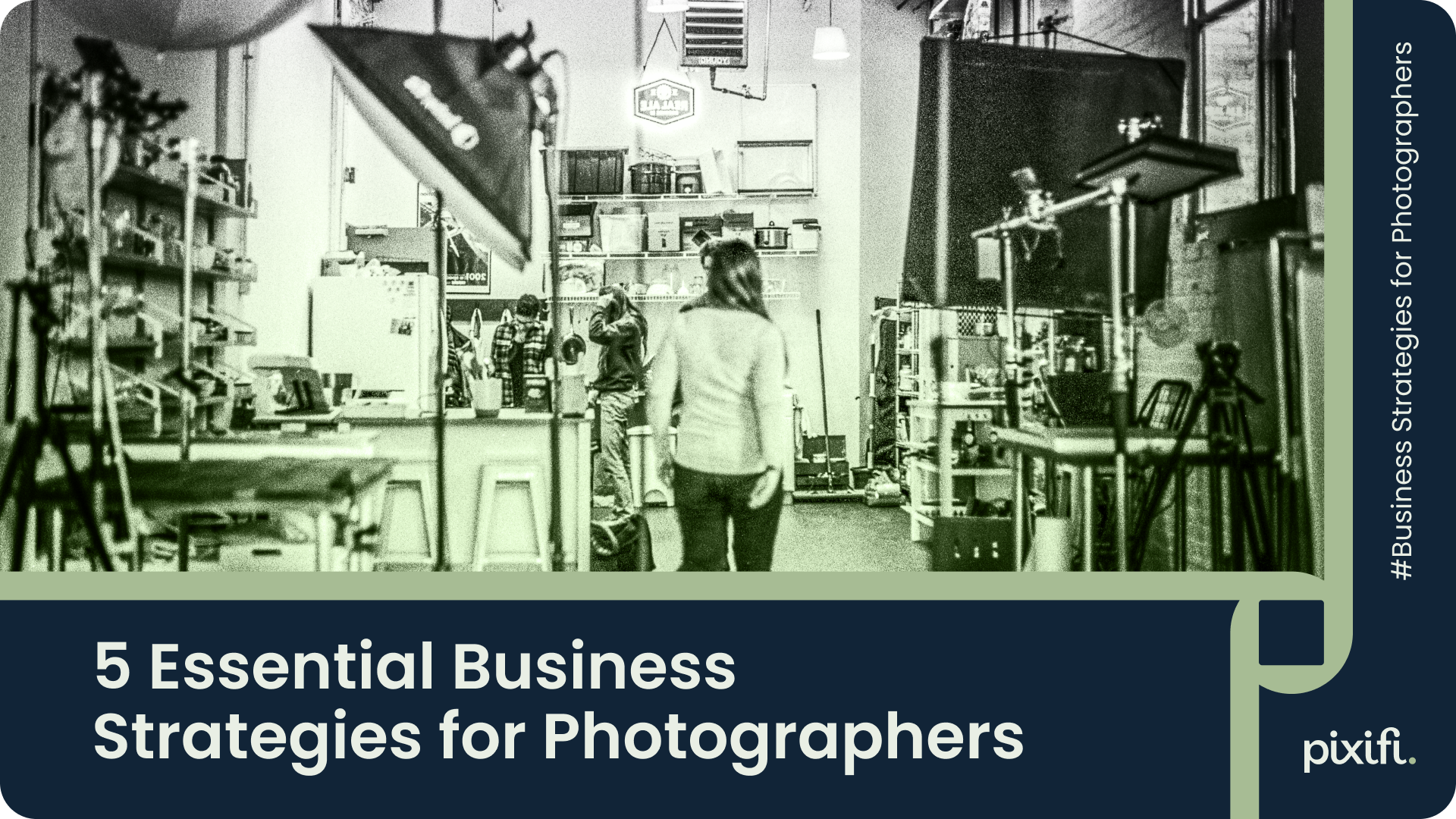Starting a Photography Business: A Step-by-Step Guide
Starting a photography business can be an exciting and rewarding venture for those with a passion for capturing moments and creating art. However, like any other business, it requires careful planning and execution to ensure success. In this step-by-step guide, we will walk you through the key aspects of starting your own photography business, from understanding the basics to building a strong portfolio. Whether you are just starting out or looking to take your photography skills to the next level, this guide will provide valuable insights and actionable advice to help you establish and grow your photography business.
Understanding the Basics of Photography Business
In order to build a successful photography business, it is important to have a solid understanding of the fundamentals. This includes not only honing your technical skills but also developing a business mindset. Let's explore some key aspects of starting a photography business:
The Importance of Business Planning
Before diving into the world of entrepreneurship, it is crucial to have a clear business plan in place. This will serve as your roadmap, outlining your goals, target market, pricing strategy, marketing efforts, and financial projections. A well-thought-out business plan will help you stay focused, make informed decisions, and track your progress along the way.
Identifying Your Photography Niche
Defining your photography niche is essential for positioning yourself in the market. Consider your areas of expertise and interests, and identify the type of photography you excel at. Whether it's wedding photography, portrait photography, landscape photography, or any other genre, specializing in a particular niche will help you stand out and attract your ideal clients.
Understanding Your Market
Researching and understanding your target market is crucial for building a successful photography business. Analyze your potential clients, their needs, preferences, and spending habits. This will enable you to tailor your services and marketing efforts to meet their expectations, ultimately helping you attract and retain loyal customers.
Setting Up Your Photography Business
Now that you have a solid foundation, it's time to set up your photography business. This involves several key steps:
Choosing a Business Name
Selecting a memorable and professional business name is an important step in establishing your brand identity. Consider a name that reflects your photography style and resonates with your target audience.
Registering Your Business
Once you have chosen a business name, it is important to register your photography business with the appropriate authorities. Research the legal requirements in your area, such as obtaining the necessary permits and licenses.
Setting Up Your Studio
Depending on your photography niche, you may need a physical studio space to conduct your shoots. Consider factors such as location, size, and equipment requirements when setting up your studio.
Investing in Photography Equipment
High-quality photography equipment is essential for delivering outstanding results to your clients. Here are some key considerations when investing in photography equipment:
Essential Photography Equipment
Start by investing in the essential photography equipment that every professional photographer needs.
Choosing the Right Camera
The camera is the backbone of any photography business. Consider factors such as image quality, low-light performance, autofocus capabilities, and overall handling when choosing a camera.
Importance of Lighting Equipment
Proper lighting is key to capturing stunning photographs. Invest in a range of lighting equipment, such as external flashes, studio strobes, reflectors, and diffusers.
Building a Portfolio
A strong portfolio is essential for showcasing your skills and attracting potential clients. Here's how to build an impressive photography portfolio:
Selecting Your Best Work
Carefully curate your portfolio to showcase your best work. Select images that demonstrate your technical proficiency, creativity, and your unique style.
Organizing Your Portfolio
Present your portfolio in a visually pleasing and organized manner. Consider creating an online portfolio website to showcase your work.
Starting a photography business requires passion, dedication, and a strategic approach. By understanding the basics of photography business, setting up your business with care, investing in quality equipment, and building a compelling portfolio, you will be well on your way to establishing a successful photography business.
Remember, it's not just about capturing beautiful images; it's about delivering exceptional experiences and creating lasting memories for your clients. Continuously refine your skills, stay up-to-date with industry trends, and go the extra mile to exceed your clients' expectations. With passion, perseverance, and a solid business foundation, your photography business can thrive in a competitive market.
Looking for an easier way to manage and grow your studio? Experience a platform built by a photographer, for photographers. Try it free for 2 weeks.











